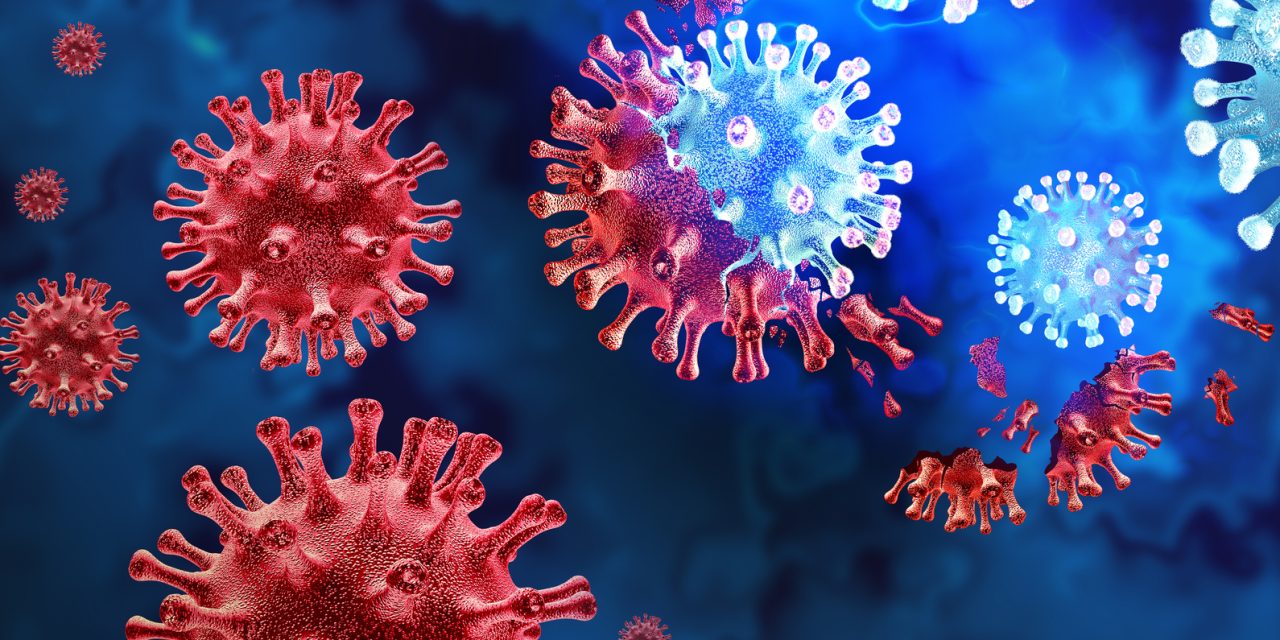Multi-drug resistance of Proteus mirabilis, a frequent cause of catheter-associated urinary tract infections, renders ineffective treatment. Therefore, new advanced strategies are needed to overcome it. In the meantime, vaccination may be the most effective and promising method. In this study antigenicity, allergenicity, subcellular localization, human homology, B-cell epitopes and MHC-II binding sites, conserved domains and protein-protein interactions were predicted using different reverse vaccinology methods and bioinformatics databases to find new putative immunogenic targets against P. mirabilis. Finally, 5 putative immunogenic targets against P. mirabilis were identified. Considering all criteria, QKQ94350.1 (Cell envelope opacity-associated protein A), QKQ94681.1 (Porin), QKQ95001.1 (TonB-dependent hemoglobin/ transferrin/ lactoferrin family receptor), QKQ95221.1 (AsmA) and QKQ94335.1 (N-acetylmuramoyl-L-alanine amidase) are excellent putative immunogenic targets. Finally, a multi-epitope vaccine was designed using the conserved linear epitopes of two OMPs (QKQ94681.1 and QKQ95001.1) and N-acetylmuramoyl-L-alanine amidase (QKQ94335.1), which have promising properties for immunization. These findings can simplify the development of efficient vaccines against P. mirabilis.Copyright © 2018. Published by Elsevier B.V.
Introduction of novel putative immunogenic targets against Proteus mirabilis using a reverse vaccinology approach.


